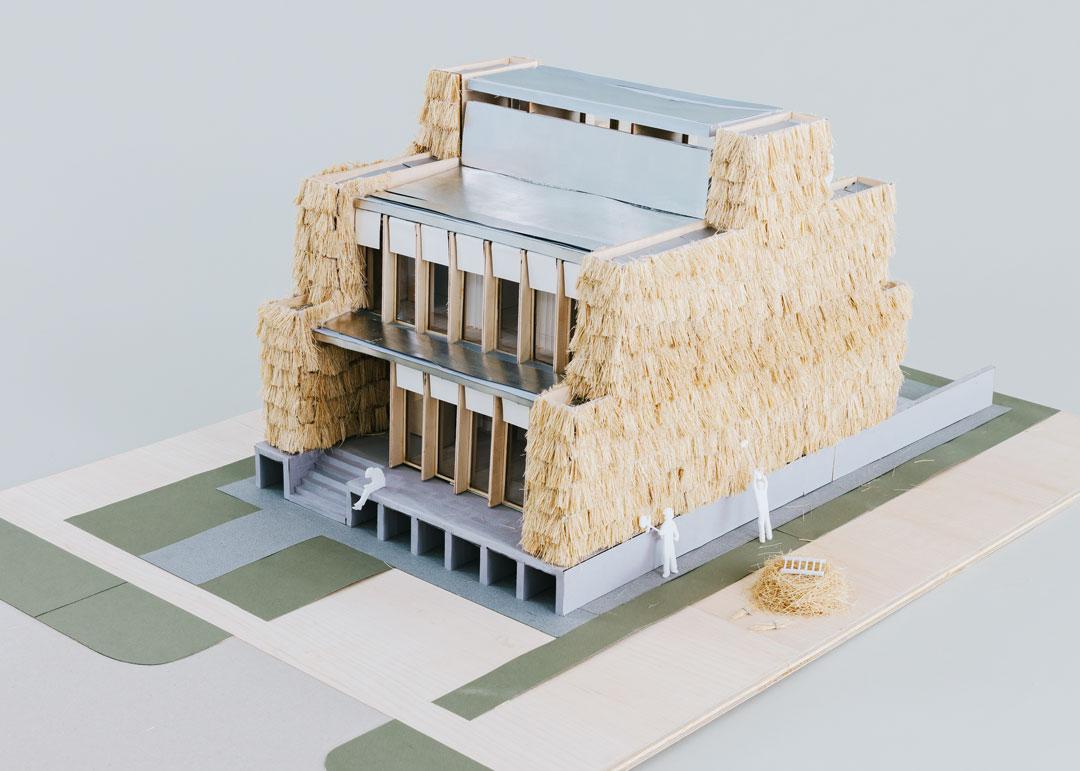Overview
Generosity binds these aims to one another. Inside the school, the exchange of knowledge depends upon the magnanimous sharing of intellectual culture among students, faculty, and visitors to the school. Beyond the school’s boundaries, the Rice School of Architecture is a catalyst, an advocate for architects and architecture to step unflinchingly into public life. Taken together, these mandates underscore our goal of forming architects whose ideas will continue to reverberate across contemporary culture. Our ambitions are simple. Our graduates will be prepared with knowledge. They will always be curious about what they don’t yet know. And they will continue to propose alternatives that foster an unyielding optimism about the future.
The required core sequence of the Rice School of Architecture’s Master of Architecture program includes courses in four areas: design studio, history/theory, technology, and practice. Each area provokes the others in a deliberate feedback loop. The collective conversation that characterizes the Rice School of Architecture – in our studios, our seminars, our juries, our lectures, our hallways – is where we synthesize these threads. Our core courses in design, history/theory, technology, and practice focus attention on key topics within architecture: form, program, materials, technology. The core also establishes a shared set of references – significant historical and contemporary. We also offer a broad selection of electives within the architecture school and across the university.

The advanced options studios of the final year of the masters program include Research Platforms. Each studio focuses on a single, closely-defined research topic that is culled from a variety of scales and contexts—from local to global, from theoretical to material explorations, from formal and cultural investigations of architecture to cities and environments.
The final course in the history/theory core is the required pre-thesis seminar, which reflects our conviction that every student must step back and define their argument vis-à-vis architecture’s contemporary position in the world. Students subsequently complete their studies either with a semester-long thesis project or an additional options studio in their final semester.
The Rice School of Architecture’s Master of Architecture (M.Arch.) professional degree is fully accredited by the National Architecture Accrediting Board (NAAB), qualifying our graduates to sit for the professional licensing exam.
M.Arch. programs are STEM designated, making international students from those programs eligible to apply for a three-year F-1 visa extension after graduation.


